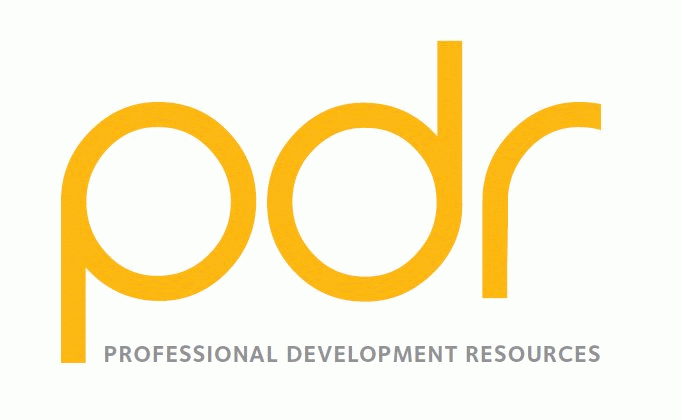 Controlled breathing can be a beneficial daily practice to reduce stress and boost your immune system. You can even gain more energy and brain power with practice.
Controlled breathing can be a beneficial daily practice to reduce stress and boost your immune system. You can even gain more energy and brain power with practice.
Take a deep breath, expanding your belly. Pause. Exhale slowly to the count of five. Repeat four times.
Congratulations. You’ve just calmed your nervous system.
Controlled breathing, like what you just practiced, has been shown to reduce stress, increase alertness and boost your immune system. For centuries yogis have used breath control, or pranayama, to promote concentration and improve vitality. Buddha advocated breath-meditation as a way to reach enlightenment.
Science is just beginning to provide evidence that the benefits of this ancient practice are real. Studies have found, for example, that breathing practices can help reduce symptoms associated with anxiety, insomnia, post-traumatic stress disorder, depression and attention deficit disorder.
“Breathing is massively practical,” says Belisa Vranich, a psychologist and author of the book “Breathe,” to be published in December. “It’s meditation for people who can’t meditate.”
How controlled breathing may promote healing remains a source of scientific study. One theory is that controlled breathing can change the response of the body’s autonomic nervous system, which controls unconscious processes such as heart rate and digestion as well as the body’s stress response, says Dr. Richard Brown, an associate clinical professor of psychiatry at Columbia University and co-author of “The Healing Power of the Breath.”
Consciously changing the way you breathe appears to send a signal to the brain to adjust the parasympathetic branch of the nervous system, which can slow heart rate and digestion and promote feelings of calm as well as the sympathetic system, which controls the release of stress hormones like cortisol.
Many maladies, such as anxiety and depression, are aggravated or triggered by stress. “I have seen patients transformed by adopting regular breathing practices,” says Dr. Brown, who has a private practice in Manhattan and teaches breathing workshops around the world.
When you take slow, steady breaths, your brain gets the message that all is well and activates the parasympathetic response, said Dr. Brown. When you take shallow rapid breaths or hold your breath, the sympathetic response is activated. “If you breathe correctly, your mind will calm down,” said Dr. Patricia Gerbarg, assistant clinical professor of psychiatry at New York Medical College and Dr. Brown’s co-author
Dr. Chris Streeter, an associate professor of psychiatry and neurology at Boston University, recently completed a small study in which she measured the effect of daily yoga and breathing on people with diagnoses of major depressive disorder.
After 12 weeks of daily yoga and coherent breathing, the subjects’ depressive symptoms significantly decreased and their levels of gamma-aminobutyric acid, a brain chemical that has calming and anti-anxiety effects, had increased. The research was presented in May at the International Congress on Integrative Medicine and Health in Las Vegas. While the study was small and lacked a control group, Dr. Streeter and her colleagues are planning a randomized controlled trial to further test the intervention.
Related Online Continuing Education Courses
Professional Development Resources is a non-profit provider of online continuing education courses accredited by the American Psychological Association (APA); the National Board of Certified Counselors (NBCC); the Association of Social Work Boards (ASWB); the American Occupational Therapy Association (AOTA); the American Speech-Language-Hearing Association (ASHA); the Commission on Dietetic Registration (CDR); the Alabama State Board of Occupational Therapy; the Florida Boards of Social Work, Mental Health Counseling and Marriage and Family Therapy, Psychology & School Psychology, Dietetics & Nutrition, Speech-Language Pathology and Audiology, and Occupational Therapy Practice; the Ohio Counselor, Social Worker & MFT Board and Board of Speech-Language Pathology and Audiology; the South Carolina Board of Professional Counselors & MFTs; the Texas Board of Examiners of Marriage & Family Therapists and State Board of Social Worker Examiners; and is CE Broker compliant (all courses are reported within one week of completion).




